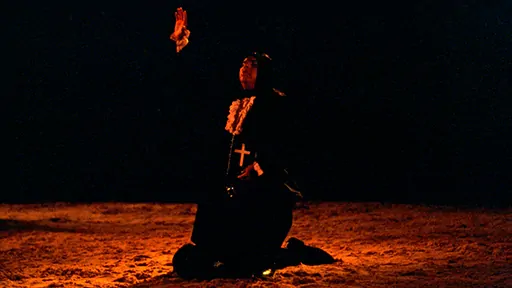Opinion Editorial Archive November, 2019: From Treaty to Threat

There are many treaties in effect today that pertain to displaced people. Most countries have signed and ratified most of them. Kurdistan is not one of those countries for the simple reason that it does not exist in the modern world. In the ancient world, though, there was a Kurdistan.
Kurdistan is the name of a province in Iran as well as that of a semi-autonomous region in Iraq, but other uses of the word are only historical. That history could fill entire volumes and, beyond a few hundred years of documented history, we know little with certainty. The Kurds emerged as a separate ethnolinguistic people at least a thousand years ago in the Fertile Crescent. They are among the largest ethnic groups in that area today. Since the area shows signs of civilization dating back over eleven thousand years, we are unlikely to ever know their precise history.
The Kurds have been stateless for hundreds of years. That is despite a 1920 treaty that outlined a modern Kurdistan (whose area was ceded to Turkey in a separate 1923 treaty before modern Kurdistan was realized). The documented history of the Kurds is full of treaties that have been broken. In their more recent history — and due to the ongoing bloodbaths in Iraq and Syria — hundreds of thousands of Kurds have become displaced refugees.
If any of this sounds familiar it is because it should. The above account could easily apply to the history of many indigenous peoples and not just in the Middle East. In North America especially, we could look at almost any indigenous people and find examples of displacement and broken treaties.
One such treaty is the 1835 Treaty of New Echota. That treaty "compensated" the Cherokee in return for their displacement from their ancestral land. At the time, nobody called the Cherokee refugees; but were it to happen today, that is the exact term we would use.
Sometimes, ancestral land is returned back to indigenous people (such as last month's return of Duluwat Island to the Wiyot people), or at least respected (such as last month's ban on climbing Uluru). While the Cherokee ancestral homeland in the southeastern United States is unlikely to ever be returned, there has recently been progress of a kind. A provision of the Treaty of New Echota has been ignored for almost 200 years. That provision allows for the United States Congress to include Cherokee political representation in the form of a delegate in the House of Representatives. Although approval is still pending, there is now a chance, following developments in the past few months, that Kimberly Teehee will take up the appointment.
This month's photo was taken at a re-enactment of the displacement of the Cherokee that has come to be known as the Trail of Tears. In the scene depicted, a Cherokee priest (they had largely been "converted" to Christianity by then) prays for the future of his people — many of whom died during the displacement. These days international treaties would, in theory, prevent such mistreatment. Yet, last month, Turkey took that mistreatment to a new level. President Erdogan used the refugees in his country as a threat against the European Union should it criticize his country's invasion of Kurdish Syria. While the general international reaction was condemnation, it did not go far enough.
The number of displaced people globally has been rising for many years and the rate of increase shows no sign of slowing. Turkey is supposed to be a democracy. If we allow our democracies to turn our treaties into threats against us then the value of those treaties becomes worthless.
Learn more about the Cherokee people.
If you enjoyed reading this month's opinion editorial, please consider supporting independent, advertising-free journalism by buying us a coffee to help us cover the cost of hosting our web site. Please click on the link or scan the QR code. Thanks!

